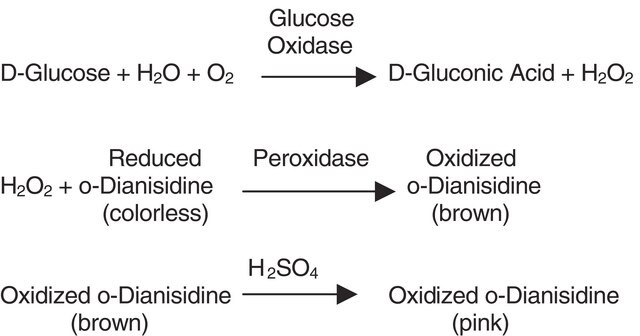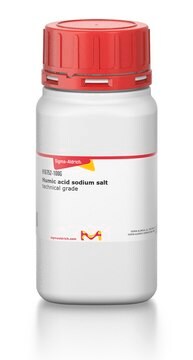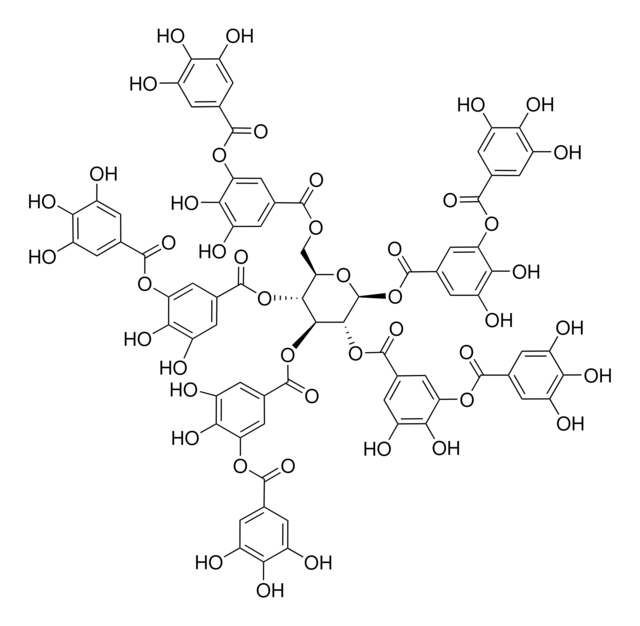939757
Sulfonated bisphenol-A-polysulfone

proton conducting polymer, (degree of sulfonation 90%)
Sinónimos:
Polyaromatic sulfonic acid, SPSF, Sulfonated PSF, Sulfonated aromatic polymer, Sulfonated poly(arylene ether sulfone) ionomer
About This Item
Productos recomendados
description
degree of sulfonation 70-110%
Quality Level
form
powder
mol wt
20-80 kDa
color
white to beige
mp
>300 °C
functional group
sulfonic acid
polymer architecture
shape: linear
SMILES string
O=S(C1=CC=C(OC(C=C2)=CC=C2C(C)(C)C3=CC=C(OC(C(S(=O)(O[Na])=O)=C4)=CC=C4S(C5=CC=C(O[*])C(S(=O)(O[Na])=O)=C5)(=O)=O)C=C3)C=C1)(C6=CC=C(OC7=CC=C(C(C)(C)C8=CC=C([*])C=C8)C=C7)C=C6)=O
General description
Application
In addition to fuel cells, sulfonated aromatic polymers are also utilized in other energy-related applications. They are employed in redox flow batteries, which store energy by using electrolytes that undergo reversible redox reactions. The chemical stability and proton conductivity of these polymers contribute to the overall performance and longevity of such energy storage systems.
Moreover, sulfonated aromatic polymers find application in water treatment membranes. These membranes are used in processes like reverse osmosis, nanofiltration, and ultrafiltration to separate and purify water by selectively allowing the passage of water molecules while blocking contaminants and impurities. The chemical resistance of sulfonated aromatic polymers makes them suitable for handling harsh environments and maintaining high water permeability.
Furthermore, sulfonated aromatic polymers are explored for their potential in gas separation membranes, where they can be used to selectively separate gases such as hydrogen, carbon dioxide, and oxygen for various industrial processes.
Overall, the unique combination of properties exhibited by sulfonated aromatic polymers, including thermal stability, chemical resistance, and proton conductivity, makes them highly versatile and valuable for applications in fuel cells, energy storage, water treatment, and gas separation. Continued research and development in this area hold the potential for further advancements and innovations in these fields.
Related product
Storage Class
11 - Combustible Solids
wgk_germany
WGK 3
flash_point_f
Not applicable
flash_point_c
Not applicable
Elija entre una de las versiones más recientes:
Certificados de análisis (COA)
It looks like we've run into a problem, but you can still download Certificates of Analysis from our Documentos section.
Si necesita más asistencia, póngase en contacto con Atención al cliente
¿Ya tiene este producto?
Encuentre la documentación para los productos que ha comprado recientemente en la Biblioteca de documentos.
Nuestro equipo de científicos tiene experiencia en todas las áreas de investigación: Ciencias de la vida, Ciencia de los materiales, Síntesis química, Cromatografía, Analítica y muchas otras.
Póngase en contacto con el Servicio técnico







